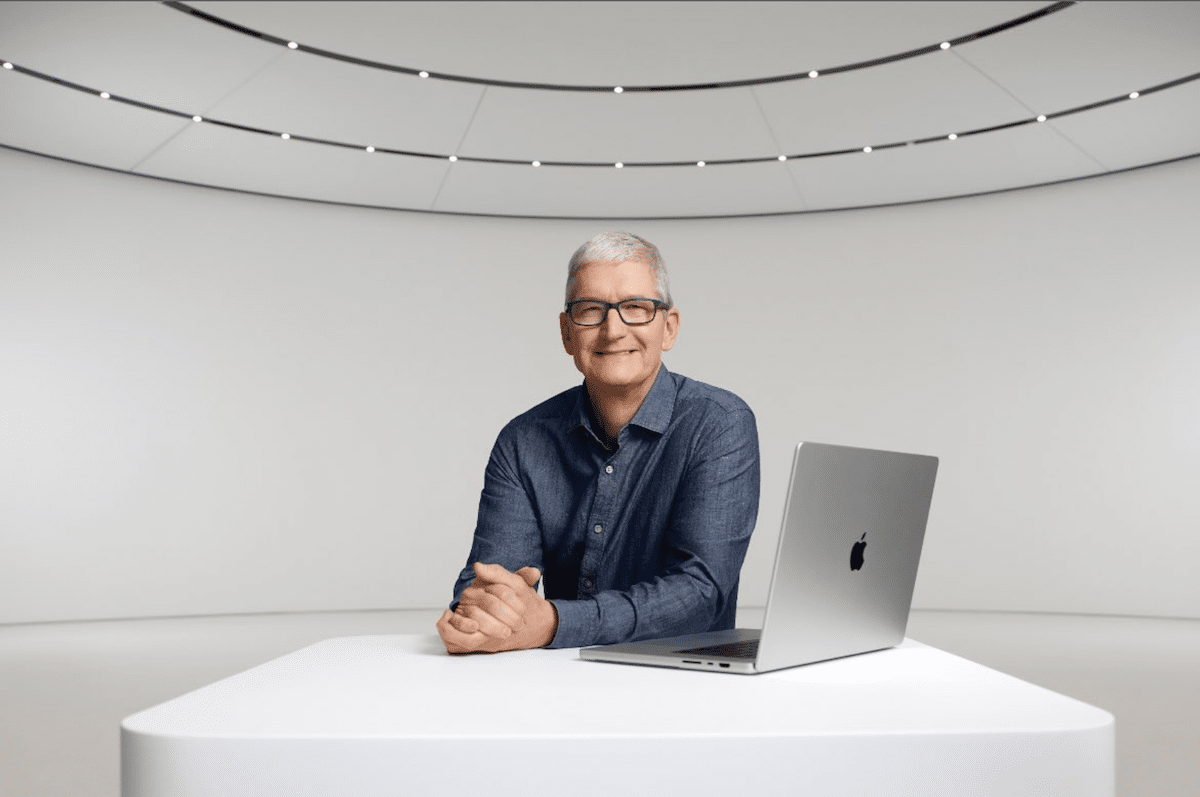Apple CEO Tim Cook had secretly signed a $275 million deal with China back in 2016 in an effort to forge a closer alliance with the government. The deal would mean that Apple would contribute towards helping grow China economically and technologically, in return for gaining regulatory exemptions and concessions.
The agreement was the result of personal effort by Tim Cook, who lobbied officials in China to ensure that Apple avoids any regulatory challenges to the company’s services like Apple Pay, App Store and iCloud, in a country where there are strict regulations. The $275 investment was agreed to take place over a span of five years, after which the deal would be optionally renewed should both parties agree.

Details of Apple’s secret deal with China revealed in new report
As per a revealing report by The Information, Apple’s rise to becoming the most popular smartphone in China was not straight forward, and the success is attributed to Tim Cook’s tactics, one of which was this $275 billion agreement.
Apple’s iPhone recently became the top-selling smartphone in China, its second-biggest market after the U.S., for the first time in six years. But the company owes much of that success to CEO Tim Cook, who laid the foundation years ago by secretly signing an agreement, estimated to be worth more than $275 billion, with Chinese officials promising Apple would do its part to develop China’s economy and technological prowess through investments, business deals and worker training.
Discussions for the deal between Apple and China took place at the same time when iTunes books and movies were shut down in China. This prompted Apple to work on improving relations with Chinese officials in an attempt to avoid a similar fate for other services or product offerings by the company.
Cook forged the five-year agreement, which hasn’t been previously reported, during the first of a series of in-person visits he made to the country in 2016 to quash a sudden burst of regulatory actions against Apple’s business, according to internal Apple documents viewed by The Information. Before the meetings, Apple executives were scrambling to salvage the company’s relationship with Chinese officials, who believed the company wasn’t contributing enough to the local economy, the documents show. Amid the government crackdown and the bad publicity that accompanied it, iPhone sales plummeted.
Tim Cook personally oversaw the negotiations and lobbied Chinese officials to ensure that the deal goes through. Apple works with National Development and Reform Commission in China to agree on various regulatory exemptions in return for the company’s investments in the country.
The 1,250-word agreement was originally conceived by Apple’s government affairs team in China as a way to improve relations with Beijing and win an audience with senior leaders, according to a person familiar with the agreement. Face-to-face meetings with top Chinese officials became a priority for Apple brass after regulators shut down iTunes books and movies in April 2016, the person said.
Even though this $275 billion deal was seemingly kept secret, Apple announced $1 billion investment in Didi Chuxing, a ride sharing service in China. Soon after, the deal was signed between Apple and China, which would help Chinese manufacturers develop advanced manufacturing technology, while Apple would buy more components from Chinese suppliers, and invest and collaborate more in local companies and universities.
Five days later in Beijing, Cook, along with Chief Operating Officer Jeff Williams and government affairs head Lisa Jackson, met publicly with senior government officials at the country’s secretive leadership compound, Zhongnanhai. Neither side disclosed details of the visit, but they were there in part to sign the economic deal, which committed Apple to aiding roughly a dozen causes favored by China. They included a pledge to help Chinese manufacturers develop “the most advanced manufacturing technologies” and “support the training of high-quality Chinese talents.”
It will be interesting to see whether Apple comments on this deal publicly, and whether the expiration of this deal in the future could impact Apple’s footing in China.